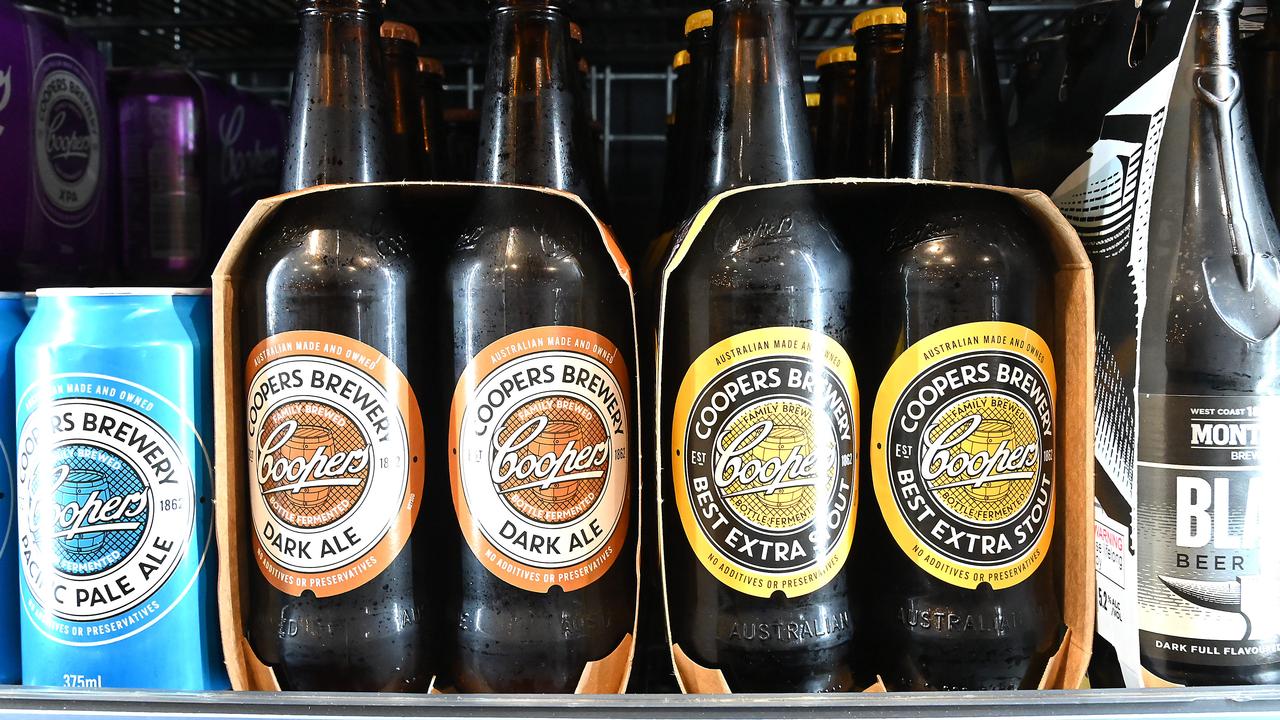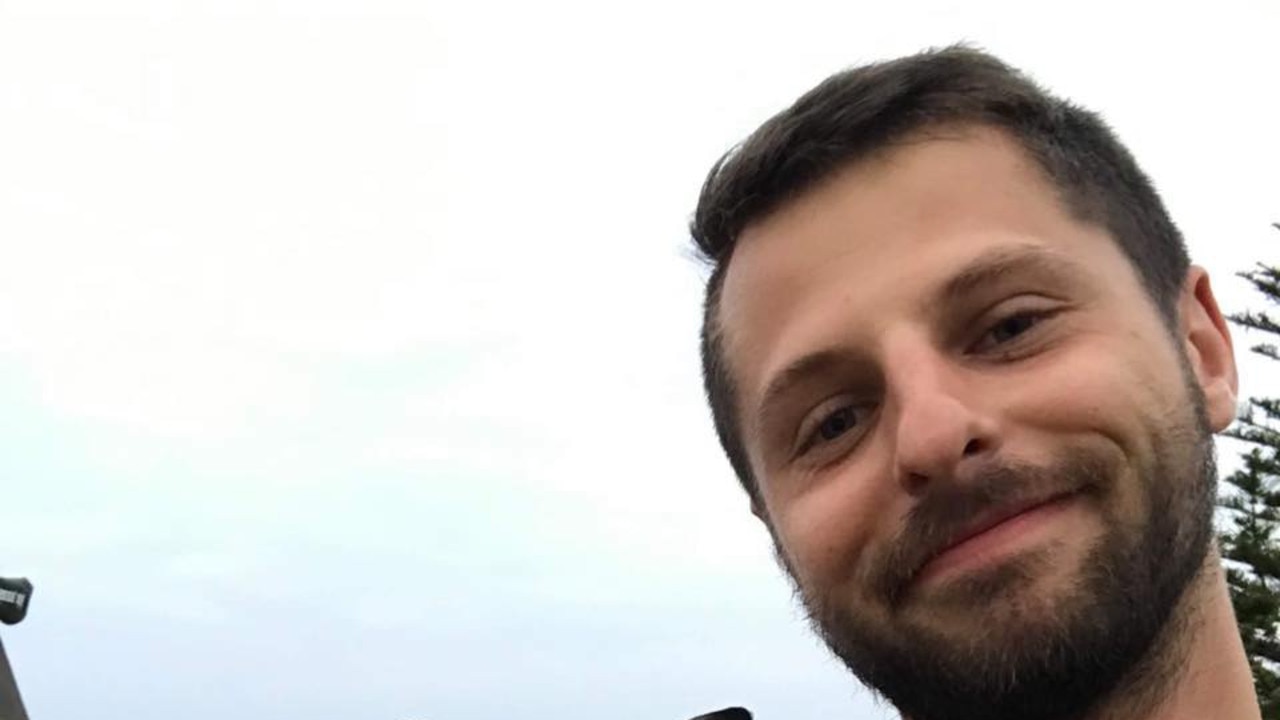‘Open dialogue about depression is one of the most important conversations society can have’
TYSON wants the whole world to know he is depressed, medicated and has contemplated taking his own life dozens of times. He says the consequences of keeping silent are massive.
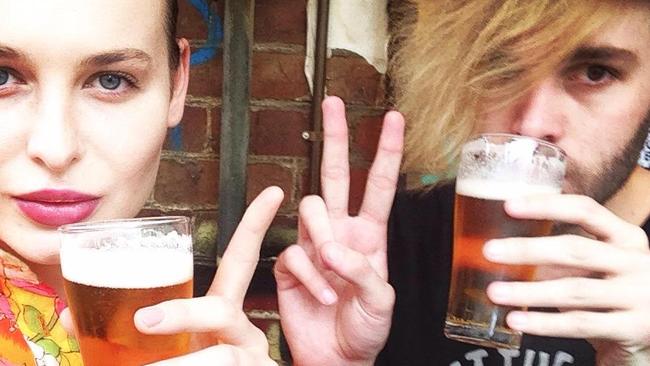
HAVE you ever seriously thought about killing yourself? I have. I’ve contemplated it dozens of times.
Systematically calculating who you’d leave your possessions behind to, who you’d miss the most and who you hope would attend your funeral, all while staring at a bottle of prescription medication knowing you are a few foul actions away from ending your life.
It’s been years since I’ve felt like that, but I definitely went through a suicidal phase. I never attempted suicide, but I considered the temptation often.
I was 15 when something triggered me. I began isolating myself. I was coarse to my family and friends, my grades began slipping, I’d spend more hours shrouding myself with darkness than I would in the light. I didn’t want human interaction. I wanted to cry, I wanted to cry all the time. I couldn’t. My mother noticed, and despite my rejections, sought help. I was diagnosed with clinical depression and prescribed a mild antidepressant.
At the age of 15 no male is in touch with their emotions. Contemporary society sends men the message that emotions are effeminate and a sign of weakness. “Man up!” I was bellowed at in the schoolyard when sulking over my parent’s divorce. When ‘being a man’ allows you to naturally restore a chemical imbalance within your body then I’ll consider it.
The divorce, coupled with going through puberty and the inherent depression from my father’s side of the family, sent me into an amorphous emotional spiral for years to come.
I hit rock bottom when I was 20. I had left my country hometown and moved to Melbourne. I lived in a dilapidated house with two stereotypical stoners, I was in a university course that I didn’t care for (I never attended class, I was only enrolled so I was eligible for Centrelink), I had synthetic friendships and detached sexual relationships. I wasn’t numb, I was in pain every day. I hoped to die, I just didn’t have the courage to commit the act.

One morning I was visited by my aunt. She noticed something. I insisted nothing was amiss, but she didn’t believe me. She poked and prodded, and eventually, I broke. I cried for the first time in my adolescence. I couldn’t stop.
She took me to her house, she looked after me and she called my mother who drove up from the country that evening. I was taken to a medical centre and was appointed with the most attentive doctor I’ve ever known. He realised my depression was far greater than previously thought, and diagnosed a more meticulous medication structure.
Something within me changed over the next few weeks. The sky was a little bluer, the starlight on a late-night walk home shone a little brighter. In the following months, and then years, the world around me appeared more and more grandiose.
I felt motivated and confident, I wanted to work towards my goals. I actually had goals. I wanted to experience everything life had to offer.
Several years on and I now have a job that I adore and the most extraordinary friends in the world. I’m surrounded by interesting and inspiring people every day. I have the type of emotional and intellectual connections I once believed were fabrications that only existed within the tales of great authors. I wake up every day feeling excited and passionate for what’s to come next.
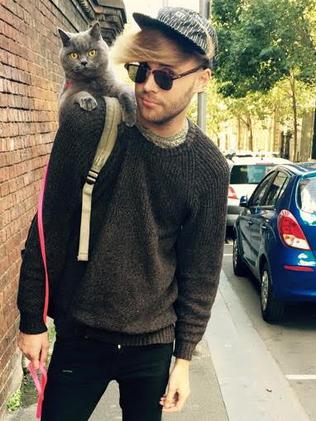
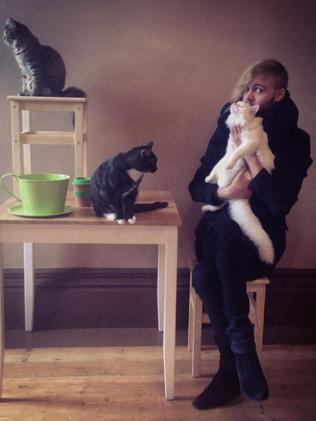
I’m grateful that I once felt the urge to kill myself, because in a way it’s the reason I’ve never been happier. I value life more than ever. I see everything that I would have lost and the experiences I never would have had. I still have dark days, but they are much fewer and far between and my coping mechanisms have increased tenfold.
I don’t care if the whole world knows that I suffer from depression, that I’m medicated or that I was once suicidal. I want the world to know. An open dialogue about depression is one of the most important conversations society can have, and the consequences of keeping silent are far greater than the possible stigmatisation.
Someone in the same room as you, on your train carriage, or in your local coffee shop might be going through the worst days of their lives right now. Offer a shoulder to cry on, or an ear to listen to any troubles they may be hiding. There’s no harm in asking. You might just save their life.
Thursday, September 10, marks the sixth incarnation of R U OK? Day, which is run by an independent, not-for-profit organisation committed to reducing suicide by encouraging regular, meaningful conversations.
If you’re feeling suicidal then call Lifeline Australia 24 hours, 7 days a week on 13 11 14. Visit beyondblue.org.au if you feel you’re suffering from depression.
Tyson Wray is a writer and editor from Melbourne. Follow him on Twitter @tysonwray

